On a clear August morning, from the historic Ba Dinh Square, the car quickly drove through the streets decorated with flags and flowers, leading us to the house of Mrs. Nguyen Thi An (No. 6, Lane 319, An Duong Vuong Street, Phu Thuong Ward, Hanoi City), the first place in the capital to welcome Uncle Ho back from the Viet Bac resistance base, preparing for September 2, 1945, when Uncle Ho read the Declaration of Independence, giving birth to the Democratic Republic of Vietnam.
Three days with someone "special"
These days, along with Hanoi and the whole country joyfully celebrating the 80th anniversary of the August Revolution and National Day September 2, Nguyen Thi An's house welcomes more visitors to visit and learn more.
Welcoming us with a firm handshake, Mr. Cong Ngoc Dung (born in 1962, grandson of Nguyen Thi An) openly talked about his family's memories of welcoming the "special" person - beloved Uncle Ho.
Over a cup of tea, Mr. Cong Ngoc Dung slowly and emotionally told the story of 80 years ago like a valuable film.
He started with pride that his family's house was lucky enough to welcome Uncle Ho right when he returned from the Viet Bac resistance base to prepare for National Day on September 2.
Mr. Dung shared that the house was built by Mr. Cong Ngoc Lam and Ms. Nguyen Thi An (Mr. Dung's paternal grandmother) in 1929.
In the early 1940s, when the revolutionary movement was growing strongly, Nguyen Thi An and her son Cong Ngoc Kha (Mr. Dung's father) participated in revolutionary activities and served the resistance.
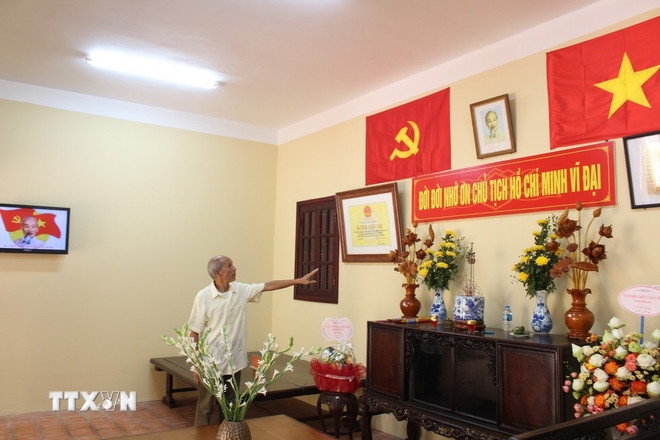
During the years 1941-1945, Phu Gia village became a base for revolutionary cadres. This place was considered the "Safe Zone" of the Central Party at that time.
From 1942 to 1945, the house became a communication point, a regular meeting place for revolutionary cadres, a place to supply food and provisions for the revolution, a shelter for comrades to work for 4 years and was kept absolutely safe.
That is why the Central Party Standing Committee chose this house as the place to welcome the delegation of cadres from the Viet Bac resistance base to the capital Hanoi. Mr. Cong Ngoc Dung could not hide his pride.
Recalling the stories told by his grandmother and father about Uncle Ho during his stay here, Mr. Cong Ngoc Dung emotionally shared: "That day was the afternoon of August 23, 1945, a group of people came to my grandfather's house, in the group there was an old man with a beard, bright eyes, a high forehead, who was respected and cared for by everyone, but the family did not know who he was. The old man and the group rested and worked here from the afternoon of August 23 to the afternoon of August 25. During his stay at the house, the old man worked very hard. In the morning, he woke up early to exercise. On the afternoon of August 25, before leaving, he met all the family members to say thank you. The day he left this house, Uncle Ho went to the house at 48 Hang Ngang to write the Declaration of Independence."
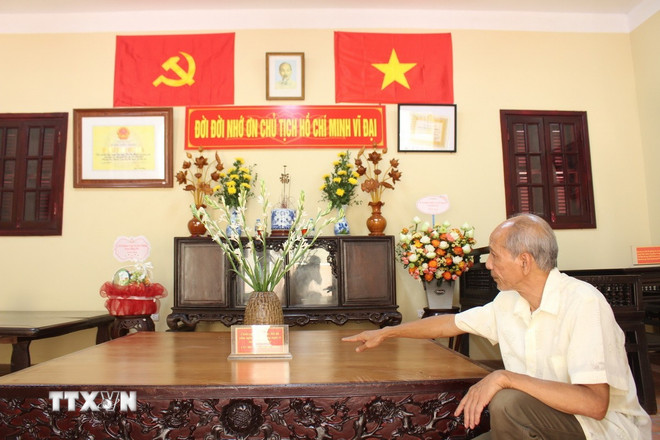
On the afternoon of September 2, 1945, his family went to Ba Dinh Square to attend a rally. Hearing the voice reading through the loudspeaker, everyone suspected that the person reading the Declaration of Independence was the old man who had been in their house before, but they did not dare to confirm.
Later, when they returned, the family was informed that the old man who had been staying in the family's house was Uncle Ho. At that moment, the whole family was overwhelmed with emotion, both happy and somewhat regretful for not recognizing Uncle Ho sooner.
More than a year later, on November 24, 1946, when returning from the National Cultural Conference, Uncle Ho returned to visit this house for the second time.
"This time, Uncle Ho returned as President . Even though he was busy with a thousand things, he still took the time to visit my family as he promised years ago," Mr. Cong Ngoc Dung emotionally recalled.
Preserving memories, continuing the tradition of patriotism
Despite his old age, Mr. Cong Ngoc Dung always cleans the tables and chairs, arranges fresh flowers, cleans artifacts and offers incense on Uncle Ho's altar himself.
In addition to his daily caretaking work, Mr. Dung also acts as a tour guide to welcome domestic and foreign delegations to visit the house. Therefore, seeing the house, artifacts, and furniture all clean and tidy, we appreciate the family's efforts even more.
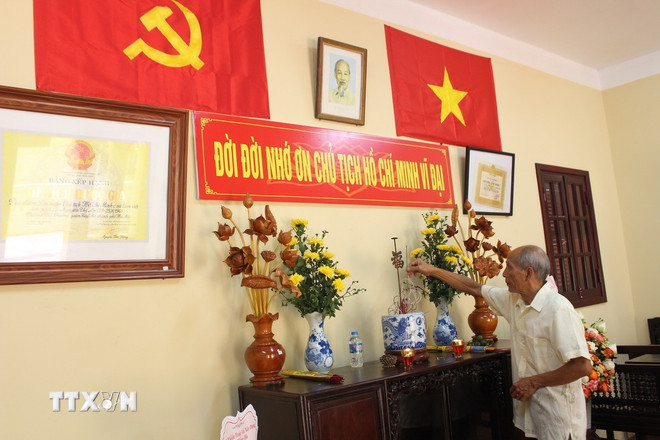
Introducing the relics in the house, Mr. Dung said: “I learned from my father about preserving the assets left by my ancestors. After being exiled in Con Dao in 1954, my father continued to participate in activities and work, and after 1975 he guided me a lot. The important thing is to keep this house as a place to worship Uncle Ho, and this is my father's wish. My father also took August 23 - the day Uncle Ho came to the house - to invite those who participated in the period of secret activities from 1942 to come here to meet and tell stories about his revolutionary activities, especially the story of Uncle Ho's two visits to his family. Since then, historical stories have permeated my blood and flesh..."
After Mr. Kha passed away in 2019, the house was recognized as a city-level historical relic - a memorial site where President Ho Chi Minh lived and worked at the home of Mrs. Nguyen Thi An.
In 2021, this memorial house was ranked as a National Monument. The house consists of 5 rooms, with 3 main rooms and 2 wings still preserving the original architecture from when it was first built.
The entire yard and memorial house were donated by Mr. Dung's family to the State. Through the gate to the yard, right in front of the house are four Chinese characters "Minh nguyet thanh phong" (clear moon, cool wind). The long corridor connects all 5 rooms of the house and the arched windows are decorated with patterns.
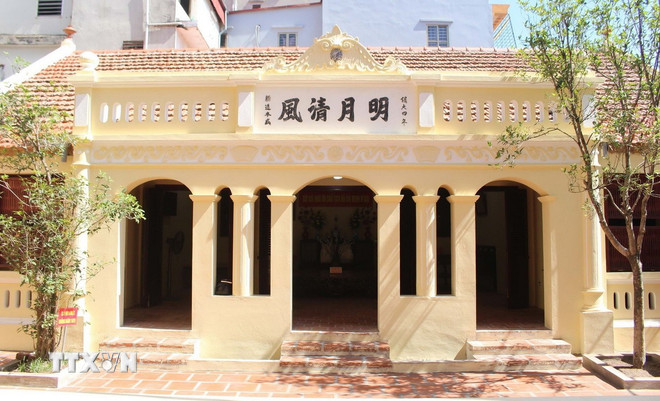
Many years have passed, but the objects associated with the memories of Uncle Ho's stay and work are still preserved intact to this day. In the middle of the house is an altar with a picture of Uncle Ho, the Party flag, the national flag and the words "Forever grateful to the great President Ho Chi Minh."
The wooden bed where Uncle Ho rested, as well as the water tank and copper wash basin that he used, are also carefully preserved...
Besides preserving the memorabilia, Mr. Dung also spent a lot of effort collecting more documents and artifacts about Uncle Ho, history, and revolutionary activities to display in his house.
Mr. Dung shared: "Over the years, the family has always kept in mind the need to wholeheartedly take care of, preserve and maintain these relics as the wishes of my grandmother and father to show our gratitude to Uncle Ho and the revolution. Until now, we still do not think that it has become such a meaningful national relic, it is a happiness beyond the family's imagination."
Mr. Dung confided that from the tradition of patriotism and national pride, he often guides and teaches his children and grandchildren to preserve artifacts, renovate and maintain the house.
Cherishing and preserving each artifact and memory of Uncle Ho and the revolution is a way to convey the message of revolutionary tradition education and patriotism of the family and heroic homeland of Phu Thuong to today's and future generations.
Saying goodbye to us, Mr. Dung excitedly told us that he would welcome a few more groups of guests until August 23, the day his family would hold a reunion to recall memories of the days of welcoming Uncle Ho.
This traditional lifestyle is a way to educate children in the family, so that each person is imbued with beautiful memories, more proud, honored, and with history being continued and passed down, it will be a flame spreading gratitude, meaningful journeys for the future./.
Source: https://www.vietnamplus.vn/ve-tham-noi-dau-tien-tai-thu-do-don-bac-ho-chuan-bi-cho-ngay-291945-post1055420.vnp




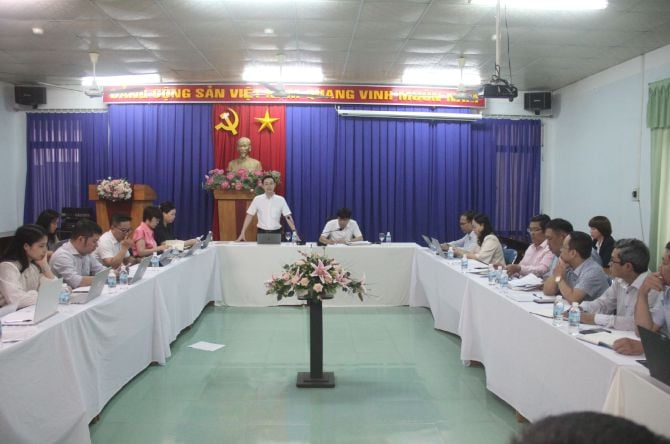
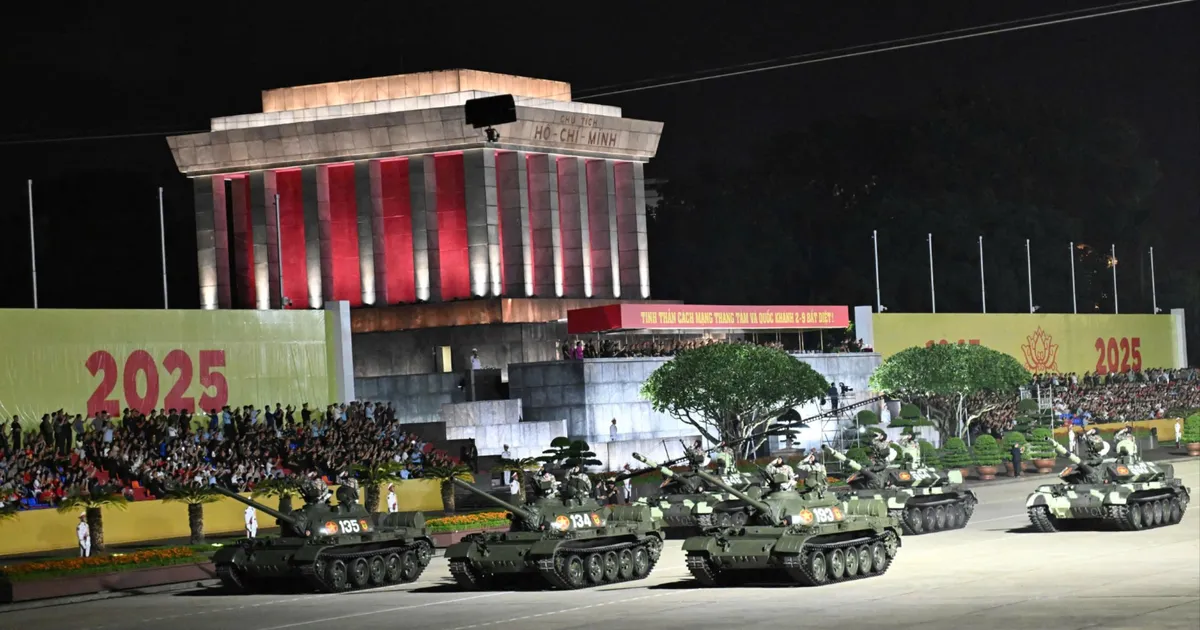
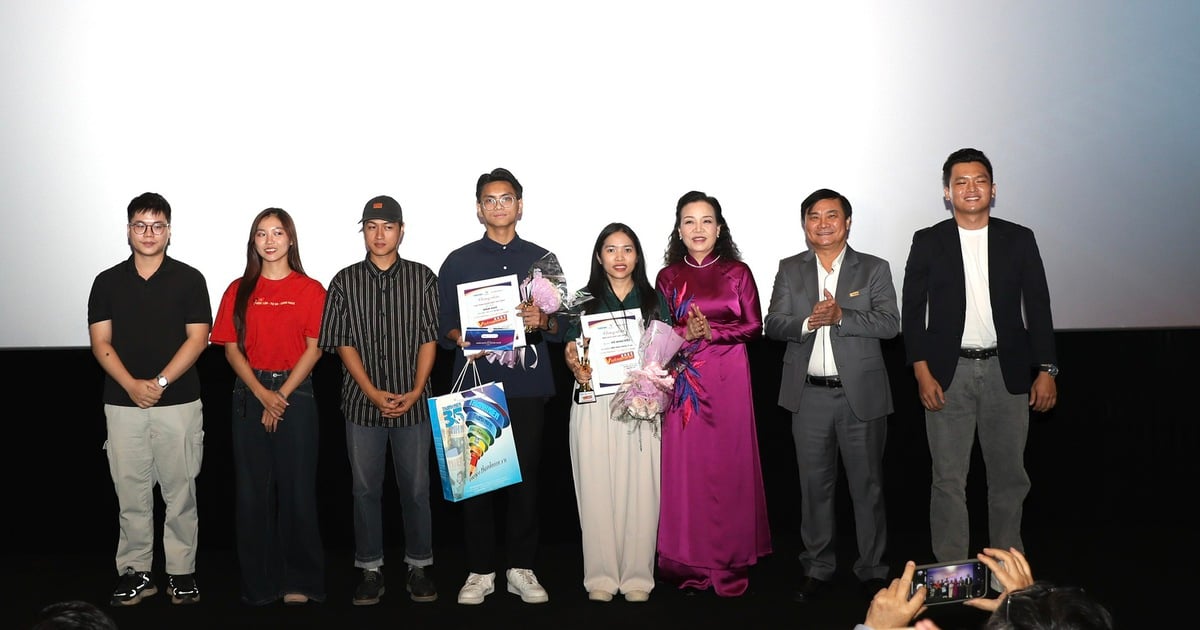
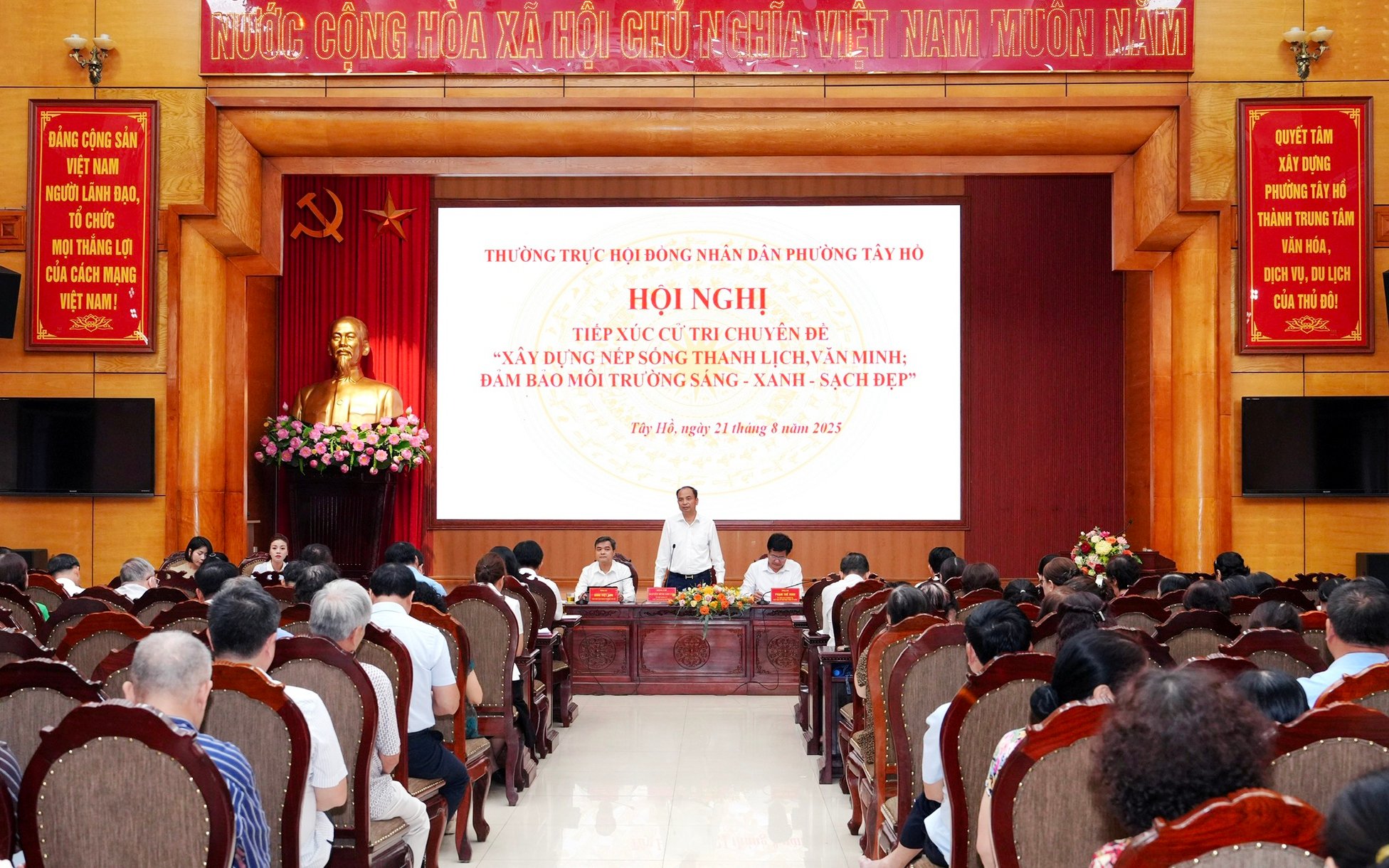
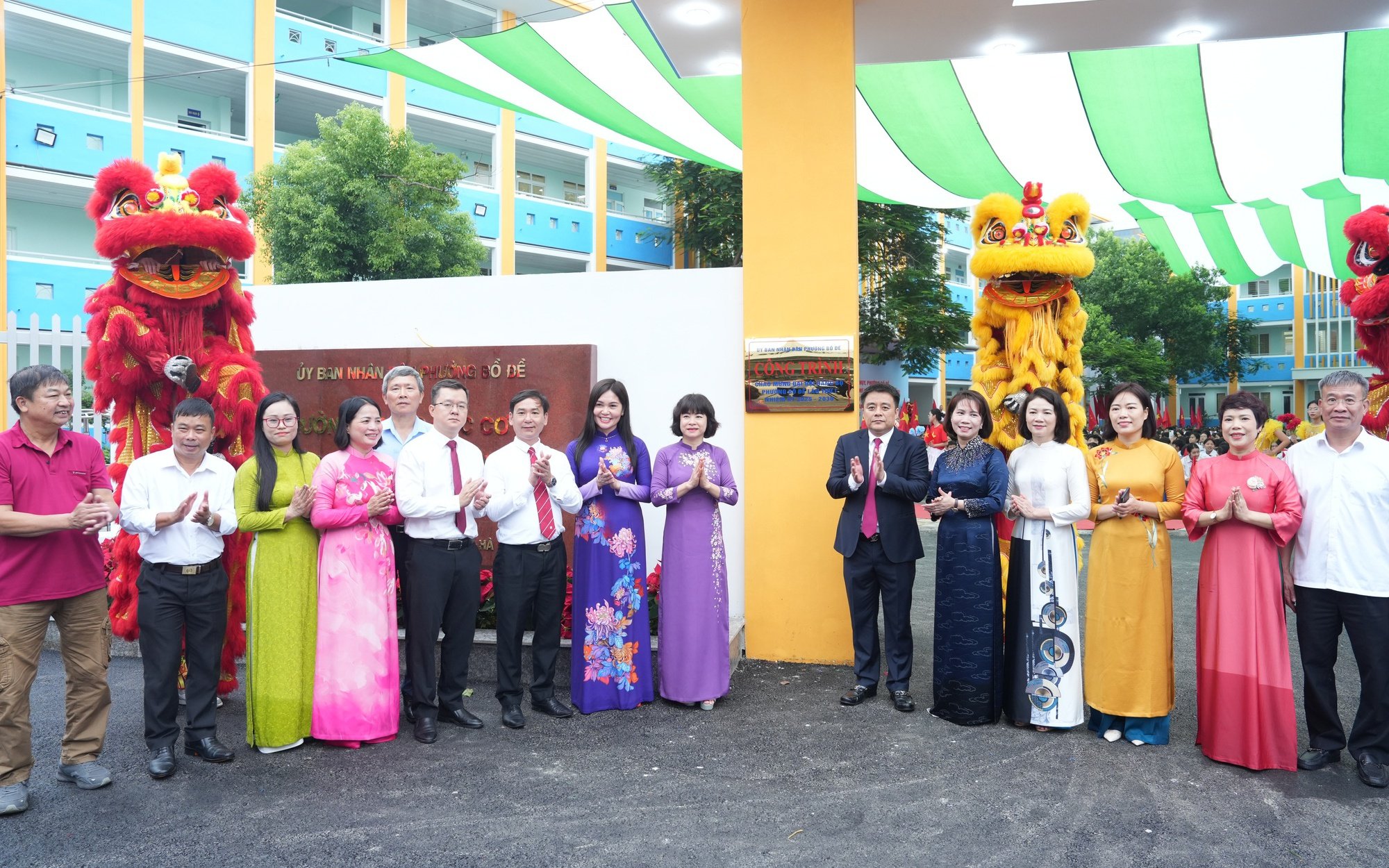
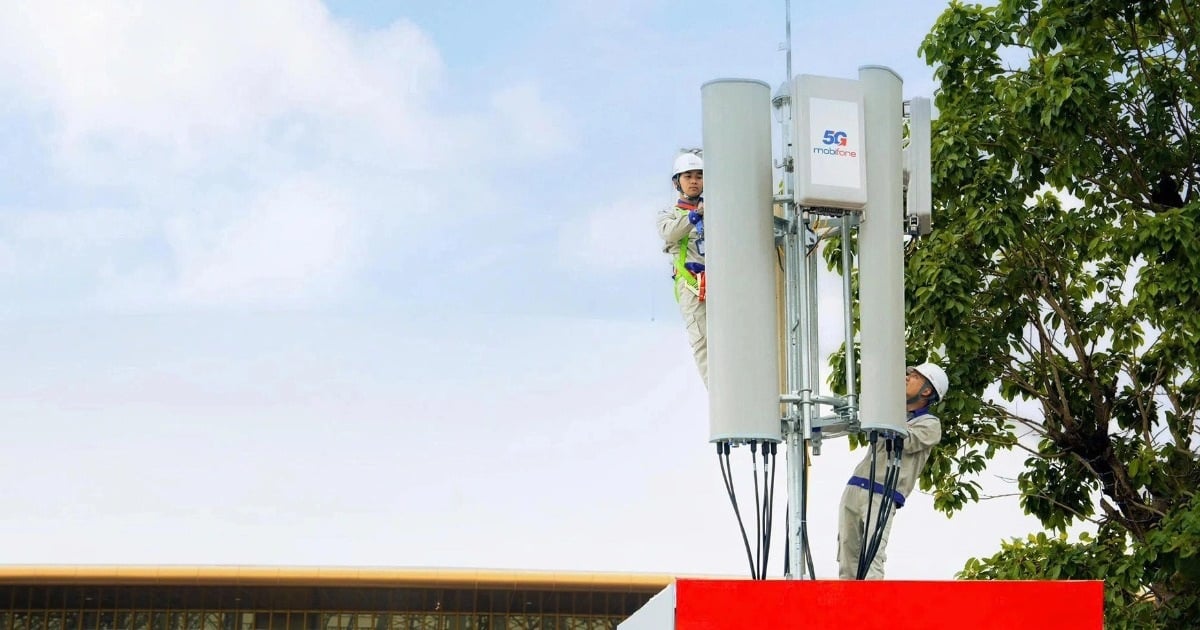

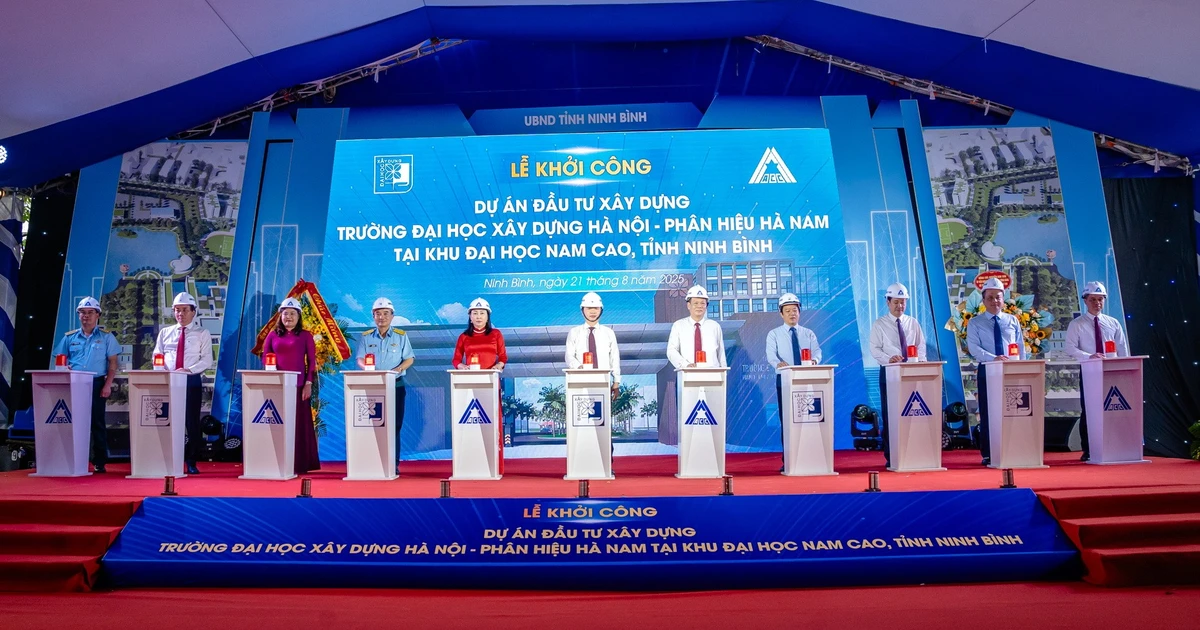
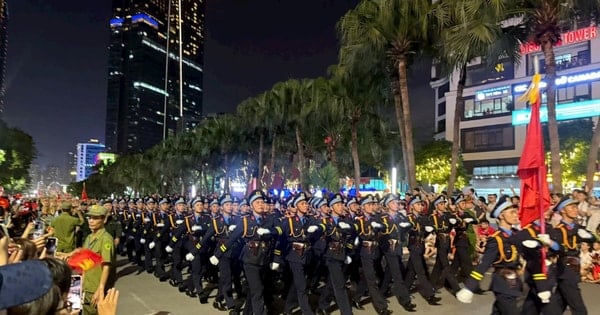












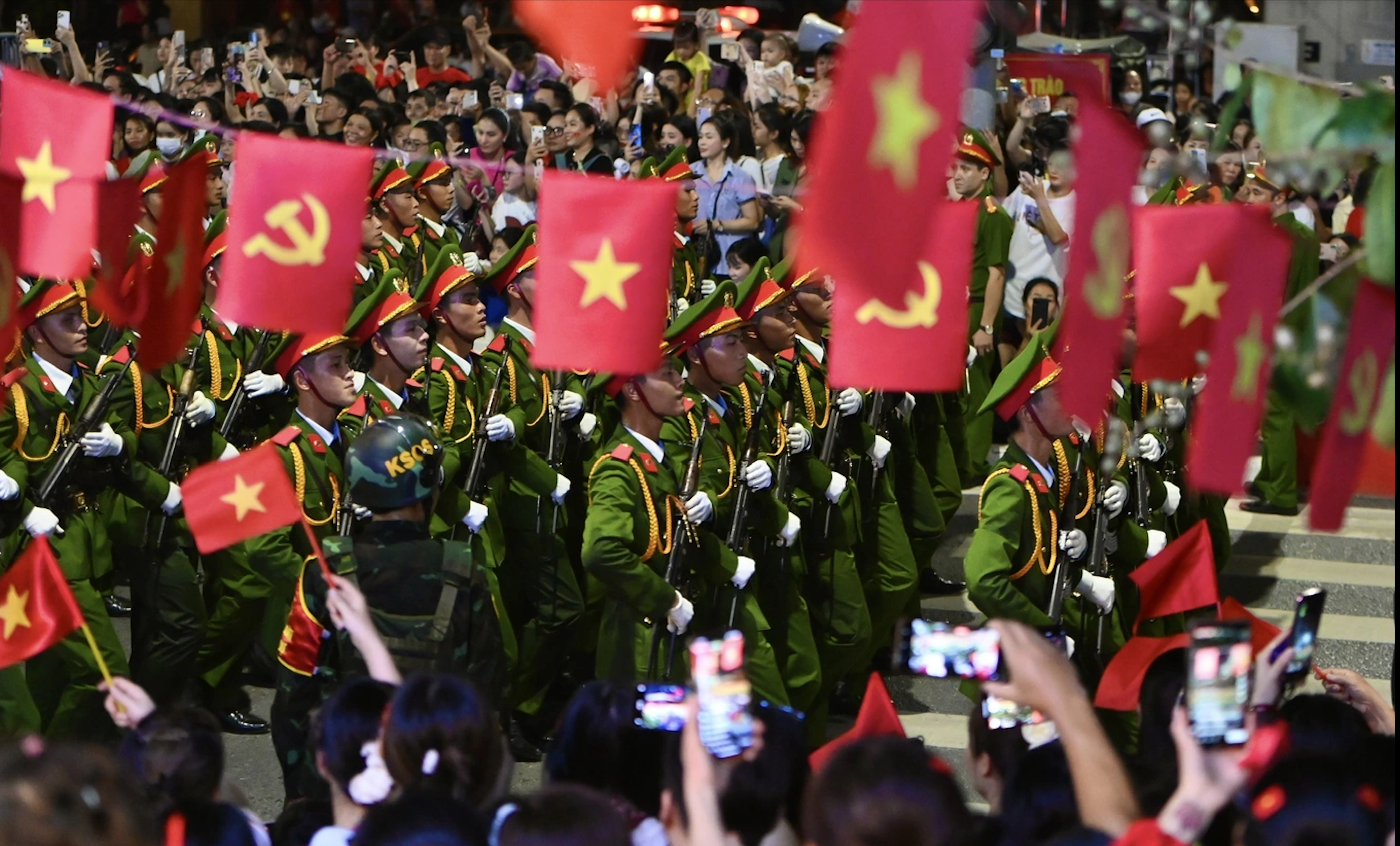




![[Photo] An Phu intersection project connecting Ho Chi Minh City-Long Thanh-Dau Giay expressway behind schedule](https://vstatic.vietnam.vn/vietnam/resource/IMAGE/2025/8/21/1ad80e9dd8944150bb72e6c49ecc7e08)

































![[Photo] Politburo works with the Standing Committee of Hanoi Party Committee and Ho Chi Minh City Party Committee](https://vstatic.vietnam.vn/vietnam/resource/IMAGE/2025/8/21/4f3460337a6045e7847d50d38704355d)
































Comment (0)